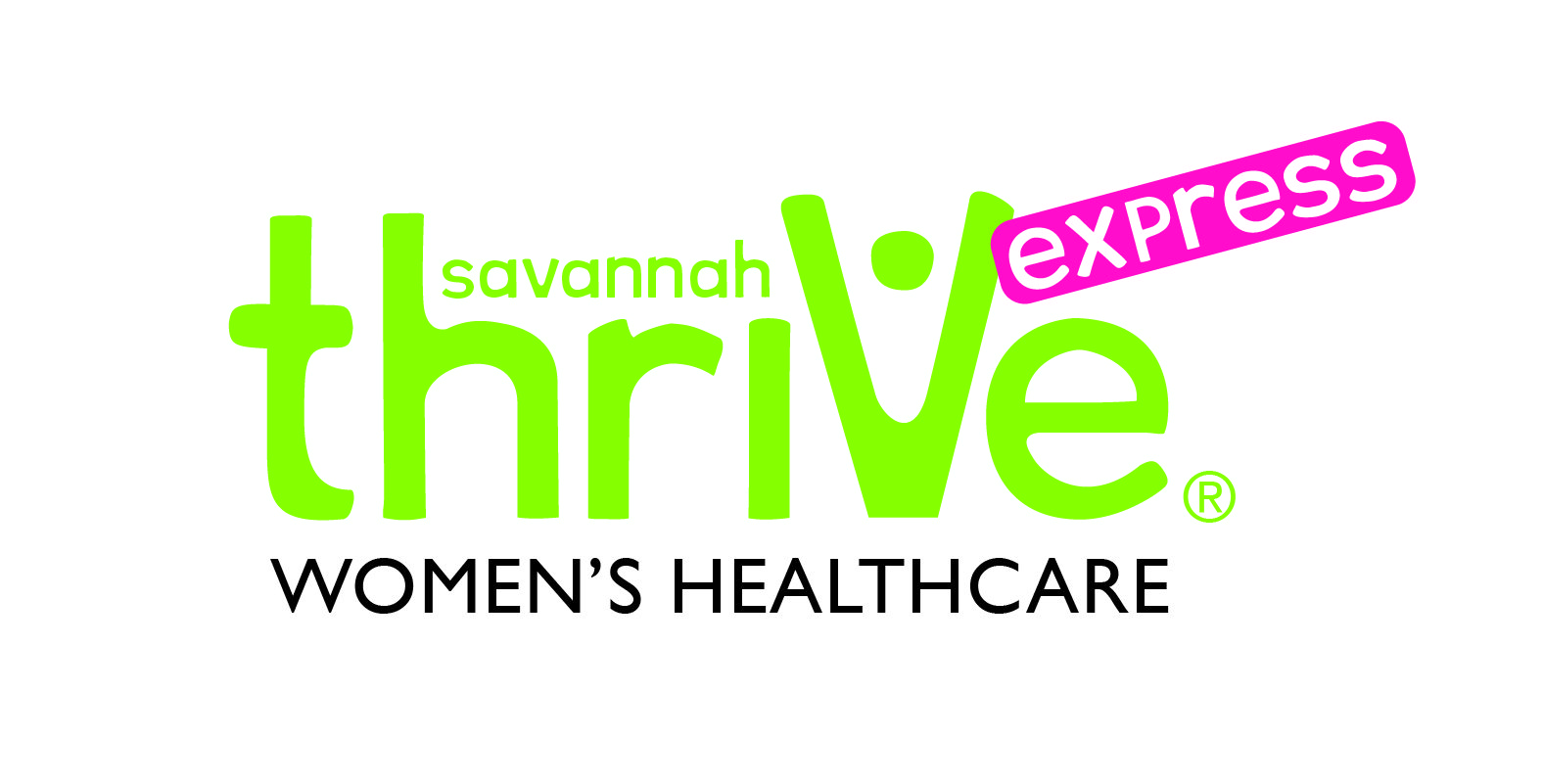If you are unexpectedly pregnant you might be researching information about the abortion pill. It sounds like the best option, but you’re wondering how effective it really is. Does it work like they say? What are common risks? And is it a safe pregnancy decision for you?
Below is a quick look into each of these questions and concerns you might have about abortion pill effectiveness, risks, and safety.
Abortion pill effectiveness, safety, and risks
Abortion pill effectiveness
The abortion pill, also referred to as a medical or chemical abortion, is 96% effective if completed under medical supervision and before 8 weeks gestation (how far along you are in your pregnancy).
However, the further along you are in your pregnancy, the less effective it is. Completed at 8 to 9 weeks gestation it is 94% effective, and 92% effective at 9-10 weeks.
Approximately 2-7% of women will have an incomplete abortion after taking Mifepristone (the first abortion pill) and need a surgical procedure to complete the abortion or stop heavy bleeding.

If the abortion pill is accidentally taken in the second trimester, 39% of women will need surgery to complete the abortion. That’s why it’s important to confirm gestational age with an ultrasound.
Abortion pill safety
With any pharmaceutical drug, there are side effects and risks that affect each person differently. The further along you are in your pregnancy, the less safe and effective abortion pills are. As gestational age increases, so does the risk of incomplete abortion and infection. [1]
If you have an undetected ectopic pregnancy, the abortion pill will not properly treat it. If left untreated an ectopic pregnancy can be life-threatening to you. If you have undetected STDs and take the abortion pill it can create further infection and complications. It’s important to rule out an ectopic pregnancy with an ultrasound and be tested and treated for STDs before taking the abortion pill.
Follow this “Before an Abortion Checklist” to ensure your safety. At Thrive Savannah, we offer no-cost pregnancy tests, ultrasounds, STD/STI testing and treatment, and pregnancy option counseling.
The abortion pill should only be prescribed by a licensed doctor and taken under medical supervision.
It’s a good idea to familiarize yourself with the potential abortion pill risks that are listed below.
Risks and complications after taking the abortion pill
1 in 5 women will experience complications after taking the abortion pill. [2]
While the abortion pill may seem like a safer, more private option than a surgical abortion, it has been linked to more complications and risks.
According to Charlotte Lozier Institute, complications are 4 times more likely when taking the abortion pill than when having a surgical abortion. The abortion pill is over 50% more likely to result in an ER visit than a surgical procedure. [3]

According to Mayo Clinic, potential complications include:
- Fever
- Digestive system discomfort
- Heavy and prolonged bleeding
- Infection
- Incomplete abortion, which may need to be followed by surgical abortion
- An ongoing pregnancy if the procedure doesn’t work
The most dangerous complications are hemorrhaging and bacterial infection. These serious conditions can require blood transfusions, cause long-term health effects like future reproductive issues and infertility, and potentially lead to death. [4]
If you are experiencing any of the above side effects, seek medical attention immediately. It’s very important to be honest with your medical provider that you have taken the abortion pill for them to treat you properly and safely. Many abortion pill ER visits are miscoded as a miscarriage (60%). [5] If a woman isn’t truthful about the abortion, she is at significantly greater risk of needing multiple hospitalizations and follow-up surgery.
Talk to someone who cares
Here at Thrive Savannah we care about you and your safety. We know pregnancy options are a big decision. If you have questions about the abortion pill, you are not alone. We want you to feel empowered to make the best choice for your future, and we believe the first step in confidence is knowledge.
Schedule an appointment to talk through your questions about the abortion pill and your pregnancy today.
While we do not perform or refer for abortion, we do provide accurate, non-judgmental information you might need to make an informed decision.

Sources:
[1] Maarit J Mentula et al., “Immediate adverse events after second trimester medical termination of pregnancy: results of a nationwide registry study.”
[2] https://lozierinstitute.org/fact-sheet-risks-and-complications-of-chemical-abortion/#_ftn1
[3], [5] James Studnicki et al., “A Longitudinal Cohort Study of Emergency Room Utilization Following Mifepristone Chemical and Surgical Abortions, 1999-2015,” Health Serv Res Manag Epidemiol 8 (2021): 23333928211053965, doi:10.1177/23333928211053965.
[4] Maarit Niinimäki et al., “Immediate complications after medical compared with surgical termination of pregnancy.”

